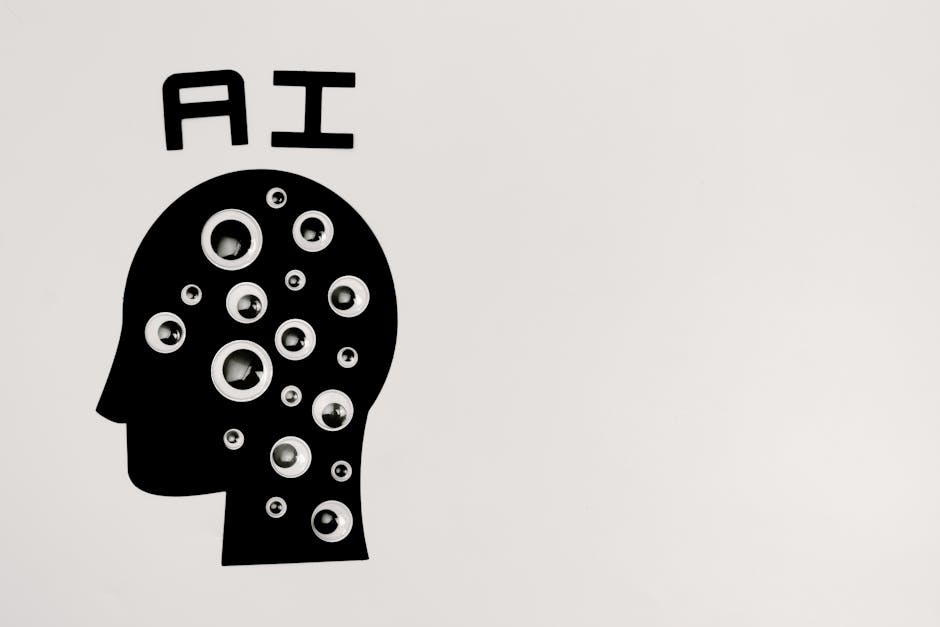Physicians’ Crucial Role in Shaping AI’s Future in Medicine: 2025 Analysis
Introduction:
The integration of artificial intelligence (AI) into healthcare is accelerating rapidly in 2025. While offering transformative potential for diagnostics, treatment, and patient care, the responsible development and deployment of AI in medicine necessitate the active involvement of physicians. This article examines the crucial role physicians play in shaping AI’s future within the healthcare landscape, addressing concerns and highlighting the opportunities for collaboration. The increasing reliance on AI necessitates a critical evaluation of its ethical implications and the need for physician oversight to ensure patient safety and equitable access to innovative technologies.
The Growing Influence of AI in Healthcare (2025)
AI’s impact on healthcare in 2025 is undeniable. Machine learning algorithms are increasingly used for early disease detection, personalized medicine, and robotic surgery. Several hospitals are employing AI-powered diagnostic tools that analyze medical images with remarkable accuracy, assisting radiologists and pathologists. However, the widespread adoption raises ethical questions, primarily concerning data privacy, algorithmic bias, and the potential displacement of human medical professionals. The need for physician input in mitigating these risks is paramount.
AI’s Impact on Specific Medical Fields
AI is making significant inroads into various medical specialties. In radiology, AI algorithms are improving the detection of subtle anomalies in medical images like X-rays and CT scans. Oncology is seeing AI-driven tools used for personalized cancer treatment, predicting treatment response and optimizing drug regimens. Cardiology leverages AI for risk assessment and early detection of heart conditions. However, these advancements demand careful integration, guided by experienced clinicians to ensure accuracy and avoid misinterpretations.
Physician Oversight: Essential for Ethical AI Development
Physicians possess the clinical expertise and ethical understanding vital for guiding AI’s development. Their involvement in designing, testing, and implementing AI systems ensures that these technologies align with medical best practices and ethical standards. This includes addressing issues like data privacy, algorithmic bias, and the potential for misdiagnosis or inappropriate treatment recommendations. Without physician oversight, the risk of harmful consequences is significantly increased. Furthermore, transparent and explainable AI algorithms are essential for physician trust and acceptance.
Addressing Algorithmic Bias and Ensuring Equity
Algorithmic bias, where AI systems perpetuate existing societal biases, presents a significant challenge. Physicians can play a crucial role in identifying and mitigating such biases, ensuring that AI systems are fair and equitable for all patients, regardless of race, ethnicity, or socioeconomic status. This requires careful data curation and ongoing monitoring of AI performance across diverse populations. Failing to address these biases could exacerbate existing health disparities.
Collaboration Between Physicians and AI Developers
Successful integration of AI in healthcare demands close collaboration between physicians and AI developers. This collaborative effort is critical for bridging the gap between technical expertise and clinical understanding. Physicians can provide valuable insights into the practical challenges and limitations of AI systems in real-world clinical settings. Meanwhile, AI developers can leverage their technical expertise to create AI systems that are robust, reliable, and adaptable to the complexities of medical practice. This collaborative model fosters innovation while mitigating potential risks.
Key Data Points for 2025 AI Integration:
- Increased Accuracy: AI-powered diagnostic tools demonstrate a significant improvement (up to 20% in some cases) in the accuracy of detecting certain diseases compared to traditional methods.
- Enhanced Efficiency: AI streamlines administrative tasks, freeing up physicians’ time for patient interaction and complex cases. Studies suggest an average time saving of 15% in physician workflow.
- Personalized Medicine Advancements: AI is facilitating the development of personalized treatments, leading to improved patient outcomes and reduced side effects.
- Data Privacy Concerns: Increased data usage for AI development raises significant concerns regarding patient privacy and data security. New regulations are crucial.
The Future of Physician-AI Collaboration
The future of healthcare hinges on the successful integration of AI, and physicians are at the forefront of this transformation. Their expertise will be crucial not just in the application of AI tools but also in shaping their development and deployment. Furthermore, ongoing education and training in AI literacy for physicians are essential to ensure their understanding and adoption of these technologies. The evolving nature of AI necessitates ongoing adaptation and continuous improvement in physician-AI interaction strategies.
The Role of Medical Education and Training
Medical schools and continuing medical education programs must incorporate AI literacy into their curricula. This includes training physicians in the principles of AI, ethical considerations, and the practical application of AI tools in their respective specialties. A well-trained physician workforce is essential for maximizing the benefits and minimizing the risks of AI in healthcare. Ignoring this will lead to a widening gap between technological advancement and clinical expertise.
Conclusion
The integration of AI in medicine presents both extraordinary opportunities and significant challenges. In 2025, the active and informed participation of physicians is not merely desirable but absolutely essential for the responsible and ethical development of AI in healthcare. Physicians must play a central role in shaping AI systems to ensure they align with medical best practices, ethical standards, and patient needs. Failure to do so risks compromising patient safety, exacerbating health disparities, and hindering the potential of AI to revolutionize healthcare for the better. The future of medicine rests on successful physician-AI collaboration, prioritizing safety, ethics, and equitable access to innovative technologies.

